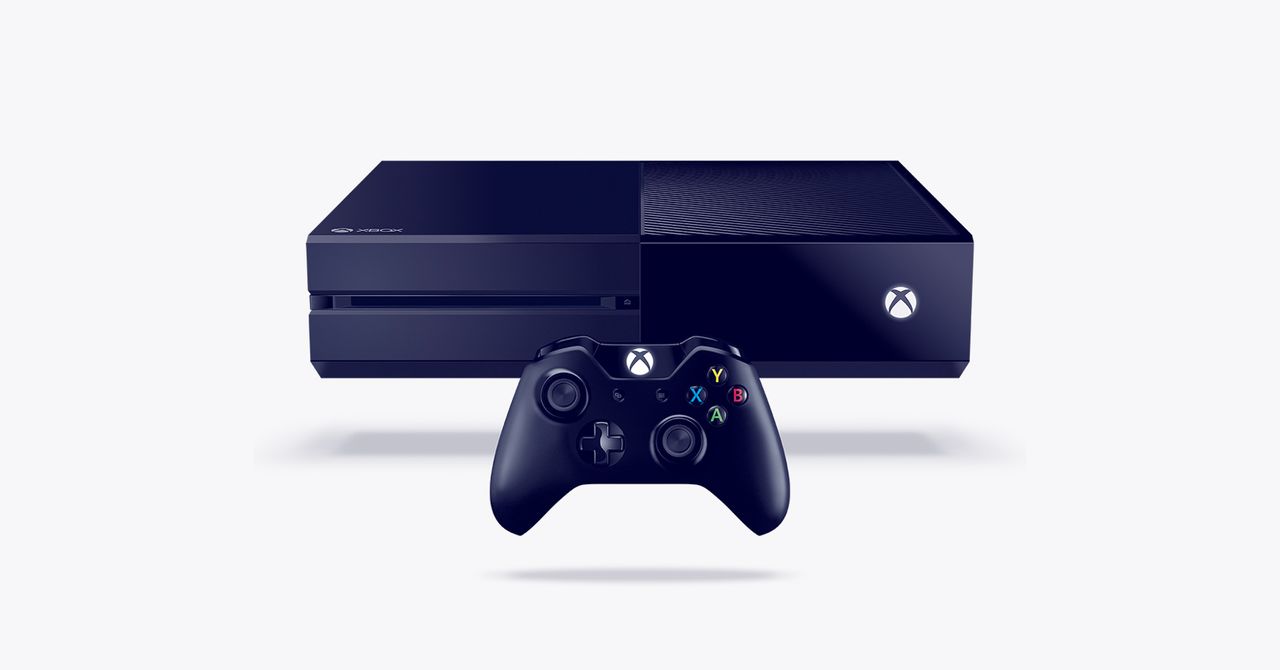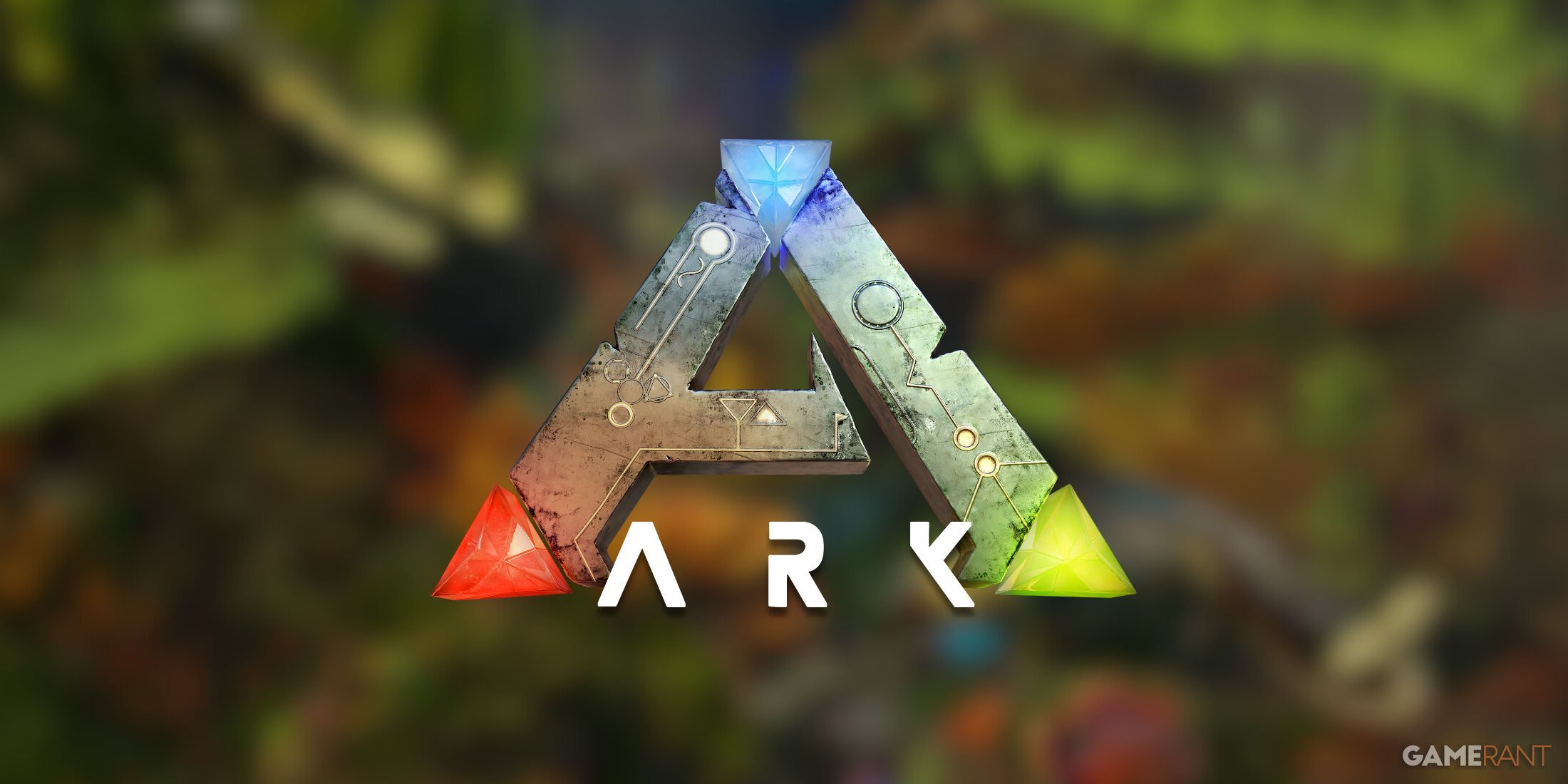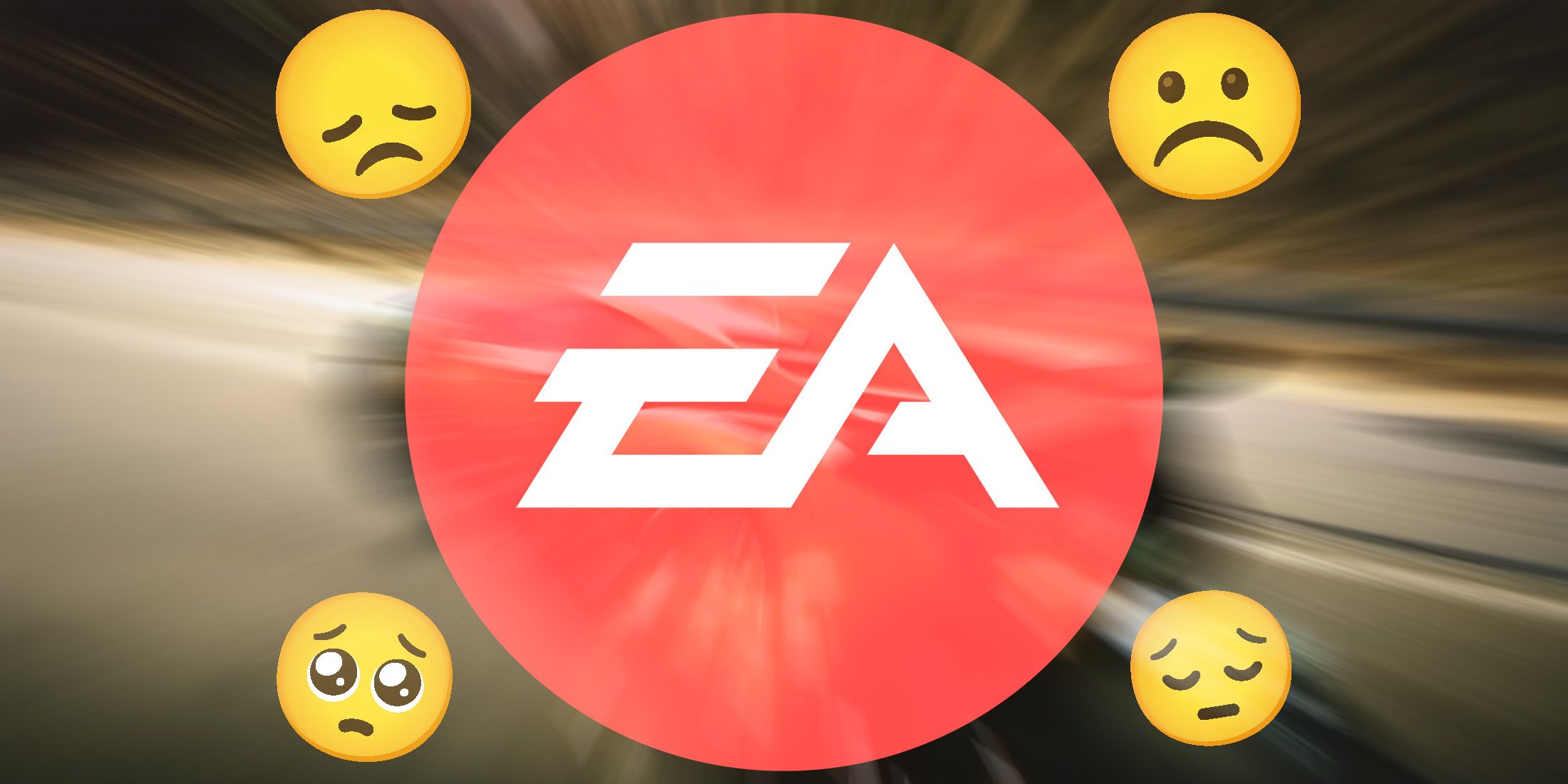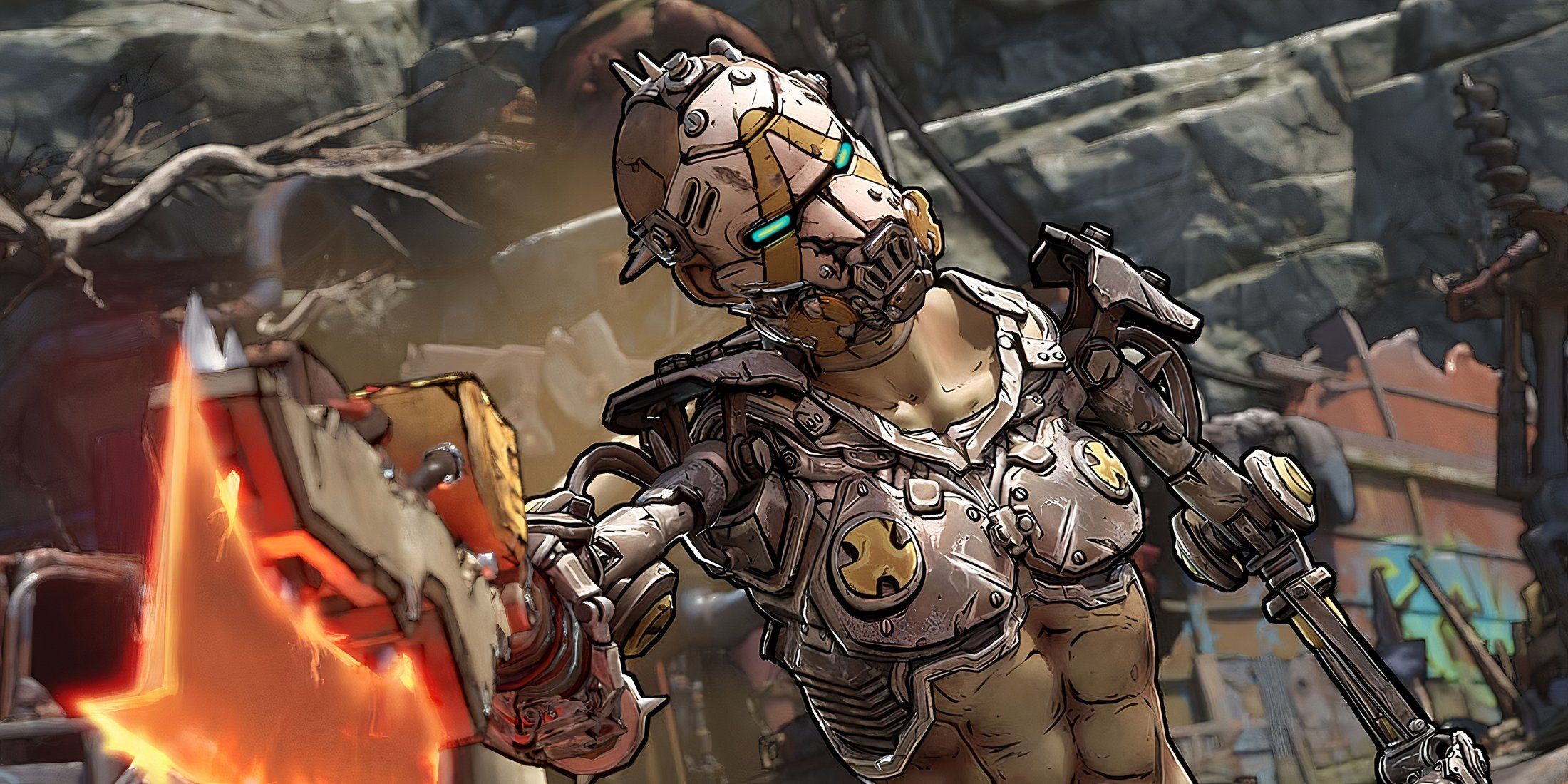
As E3 Expo approaches, it's looking likely that we're going to see another console war break out. Only this time, the consoles won't just be going to war with each other---they'll be going to war with themselves, attempting to change the way that game consoles have always worked.
Earlier this week, Kotaku reported that Microsoft plans to release a more graphically powerful version of its Xbox One, which currently has the delightful code name "Scorpio." This report should come as a surprise to absolutely no one, given that Xbox head Phil Spencer recently said in no uncertain terms that Redmond plans to release an incrementally upgraded Xbox One. "You'll actually see us come out with new hardware capability during a generation allowing the same games to run backward and forward compatible," Spencer said at an Xbox game preview event in February. In followup comments to various outlets, Spencer noted that devices like PCs and smartphones operate on a "very continuous evolution cycle," whereas consoles make players wait "seven or eight years" before beefing up their hardware.And it's not just Xbox that's jealously eyeing the iPhone upgrade model. Given the number of details that have leaked, you might be surprised to hear that Sony hasn't said anything official about the PlayStation 4.5, PlayStation 4K, PlayStation Neo, or whatever other nickname you might have heard kicked around. But a series of reports following this year's Game Developers Conference, where Sony allegedly began divulging details on the upgraded machine to developers, have said that the new machine might be able to run games at 4K resolution, or that all PS4 games going forward might have two graphical modes: one for the original model and one for the Neo.
Whether officially or not, the writing's on the wall: Neither Sony nor Microsoft want to wait through an entire "console cycle" before they release upgraded hardware. In fact, if they're successful, said "console cycle" will become nothing more than a strange relic of the past.
Killing The Console ModelSince the introduction of game consoles in the 1970s, the song hasn't changed much: A game console's hardware configuration is set in stone the day it ships to market, and it stays frozen until the company sees fit to release a much more powerful successor machine many years later. Sometimes it's many, many years later; the Xbox 360 was released in 2005 and wasn't replaced until 2013. That's eight years with the same CPU, the same tiny half-gigabyte of RAM.
This paradigm had its obvious weaknesses, but it stuck around because---well, because what other choice did consumers have? Incremental upgrades would have been a solution in search of a problem, not to mention that it would potentially confuse consumers and definitely create more work for game developers.
Both of these things are still potential drawbacks, mind you. (One longtime PlayStation pundit said his developer sources were indeed unhappy about the Neo.) It's just that Sony and Microsoft now seem willing to accept that risk and push forward with more frequent, incremental console upgrades, dealing with those issues as they come up.
Why now? The rise of mobile gaming, for one. When these reports first came out, I spoke with a game industry veteran who suggested that if consoles are losing the "casual" consumers to mobile, then more frequently upgraded consoles might be a way to sell more products to, and thus make more money from, fewer customers. And those phone and tablet (and PC, to boot) manufacturers have no compunctions about releasing new, more powerful versions every year. Xbox's Spencer said as much when talking up the idea of an Xbox upgrade: "For consoles in general it's more important now than it's ever been, because you have so many of these other platforms that are around," he said to Polygon. "It used to be that when you bought your console you were way ahead of the price performance curve by so much, relative to a PC. But now PCs are inexpensive and your phones are getting more and more capable."













